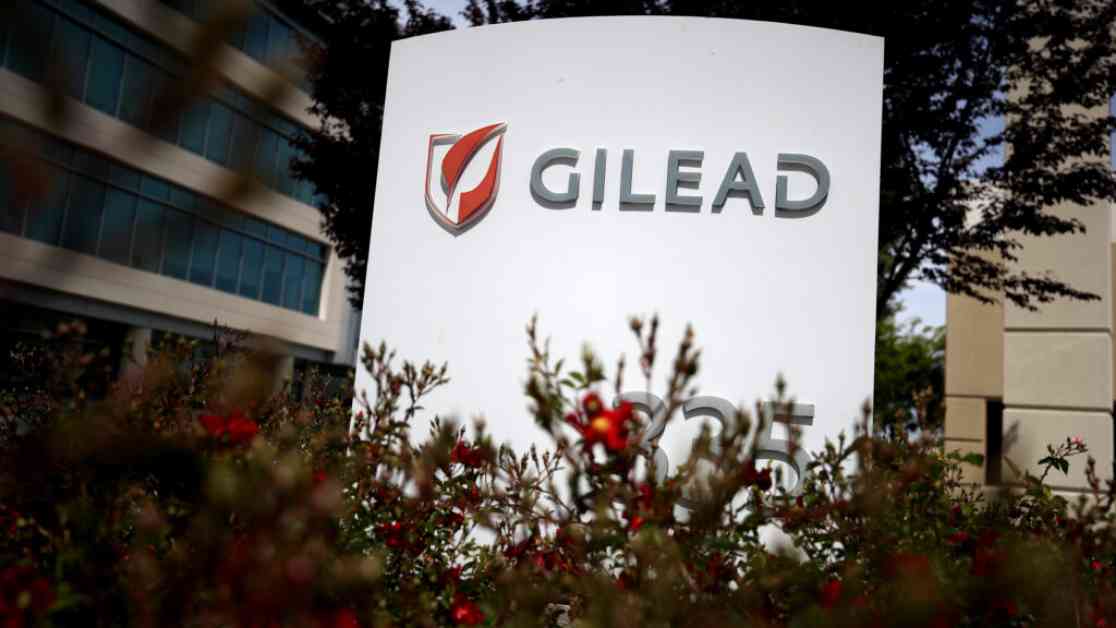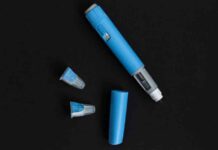In December 2024, a group of legal, medical, and public health experts united to file an amicus brief in support of the U.S. government in a groundbreaking patent lawsuit against Gilead Sciences Inc., a prominent HIV drugmaker. The lawsuit, initiated in 2019, accused Gilead of infringing on patents held by the Department of Health and Human Services (HHS) related to HIV pre-exposure prophylaxis (PrEP). This legal battle underscored a critical issue at the intersection of public investment in medical research and private profiteering from publicly funded innovations.
On January 15, 2025, a significant announcement shook the medical and legal communities: the U.S. government and Gilead reached a settlement in the patent lawsuit. The terms of the settlement, still undisclosed, raised concerns among experts and advocates about the potential implications for future public-private partnerships in the pharmaceutical industry.
### A Closer Look at the Lawsuit and Settlement
The lawsuit against Gilead was rooted in the assertion that the company had disregarded the contributions of the Centers for Disease Control and Prevention (CDC), an HHS agency, to the development of PrEP. The CDC’s early-stage research laid the foundation for HIV prevention through a once-a-day pill, a breakthrough with the potential to revolutionize the fight against HIV transmission.
HHS and the Department of Justice contended that Gilead had failed to acknowledge the CDC’s pivotal role in developing PrEP, profiting immensely from taxpayer-funded research without adequately compensating the public. The lawsuit sought damages exceeding $1 billion, aiming to channel these funds into a national HIV prevention program that could broaden access to life-saving medications like PrEP.
When the settlement was announced, questions arose regarding the motivations behind the agreement. With no monetary exchange between Gilead and HHS, critics questioned the decision to forego potential damages in favor of a release from contractual obligations. The timing of the settlement, amid ongoing legal proceedings, added a layer of complexity to the narrative.
### The Impact on Public-Private Partnerships
At the heart of this legal saga lies a broader issue concerning the sustainability of public-private partnerships in pharmaceutical innovation. These collaborations play a crucial role in expediting the delivery of groundbreaking treatments to patients, ranging from cancer therapies to COVID-19 vaccines. By bridging the gap between public research and private enterprise, these partnerships have fueled numerous medical breakthroughs that benefit society at large.
The settlement between Gilead and HHS has raised concerns about the potential erosion of norms governing these partnerships. Gilead’s refusal to engage in a licensing agreement with HHS, despite reaping substantial profits from PrEP sales, sets a troubling precedent that could incentivize other companies to sidestep obligations to public institutions that contribute to medical advancements.
### Moving Forward: Calls for Transparency and Accountability
As stakeholders await further details on the settlement agreement, calls for transparency and accountability echo throughout the healthcare and legal communities. Advocacy groups like PrEP4All have denounced the settlement as a blow to healthcare access and a missed opportunity to hold corporations accountable for infringing on government-owned patents.
Looking ahead, experts emphasize the importance of robust oversight to safeguard public interests in future public-private partnerships. By upholding the rights of government institutions and ensuring fair compensation for public contributions to medical research, regulatory bodies like HHS can uphold the integrity of these critical collaborations.
In conclusion, the resolution of the United States v. Gilead case serves as a cautionary tale about the delicate balance between public investment in innovation and private sector profits. As the healthcare landscape continues to evolve, the lessons learned from this legal battle will shape the future of pharmaceutical partnerships and the accessibility of life-saving treatments for all.


















